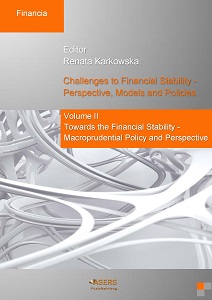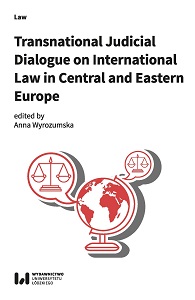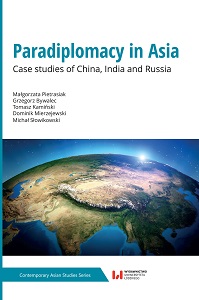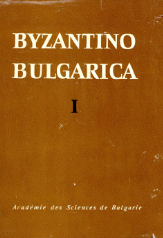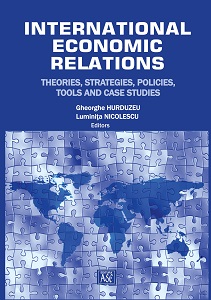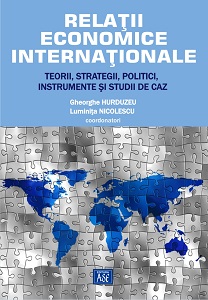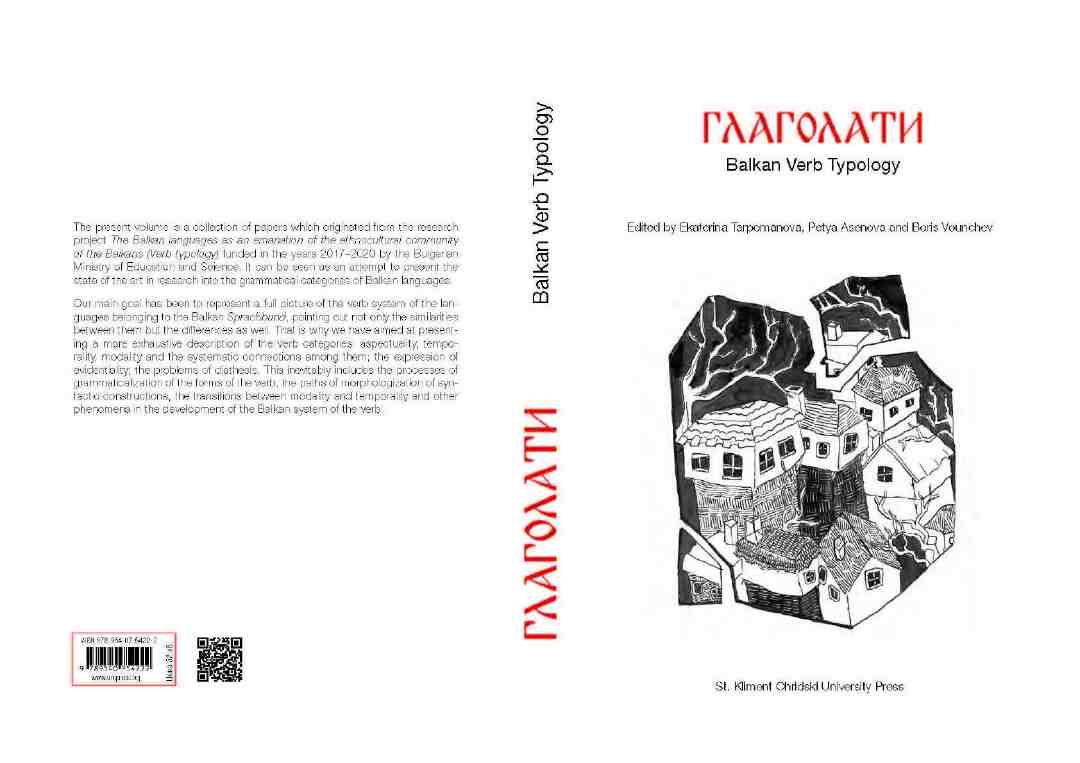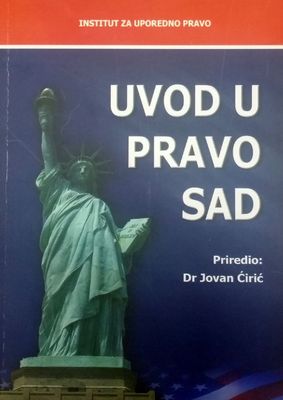
The Settlement of International Trade Disputes in Front the American Arbitration
Rešavanje međunarodnih trgovinskih sporova pred američkom arbitražom
The legal framework for international trade arbitration in American law is given in the Federal Arbitration Act, whose main characteristic are scarce provisions governing arbitration proceedings. As a result, other sources of law are applied in this field, primarily case law and rules of procedure of international arbitrations. Consequent to tradition and case law formed over eight decades of applying the present law, the USA has chosen not to reform its arbitration law by accepting dominant solutions in comparative law, mainly inspired by the UNCITAL Model Law of Arbitration. The Federal Arbitration Act is no different from other similar regulations in comparative law in terms of the importance given to party autonomy when it comes to stipulating arbitration and limiting curial involvement in the arbitration. However, it does have rather characteristic solutions regarding a number of procedural issues, resulting in a formation of specific arbitration law. For instance, the arbitration tribunal is not authorised to decide on its own competence unless so expressly stipulated by the parties in arbitration agreement. Once the arbitration reaches a decision on this matter in accordance with the party’s agreement, such decision can be challenged in the procedure for setting aside the arbitration award on any grounds prescribed by law. The procedure for appointing arbitrators and their number are also matters for which specific solutions are provided in American law: federal law sets a rule on one arbitrator instead of an arbitration tribunal, and, should the parties fail to regulate the manner of appointment of arbitrators – the court appoints the arbitrator or arbitrators or the umpire at the proposal of any party to the proceedings. When it comes the arbitrator is under a disclosure obligation, or to the procedure for challenging arbitrators, the Federal Arbitration Act remains silent. Consequently, the parties before the arbitration having objections to arbitators’ qualifications or impartiallity can only wait for the arbitration proceedings to end by the passing of final arbitration award and then challenge such decision in separate proceedings. Unlike the Act, most institutional arbitrations in America provide detailed rules governing these issues, enabling the parties to resolve this issue during arbitration proceedings. Availability of provisional remedies in arbitration proceedings are not comprehensively regulated by the Act, and it hence not surprising that USA courts resolve such issues on a case-to-case basis. However, the parties should not have any problems with this issue if they regulate the manner in which it is to be resolved in their arbitration agreement, whether by consenting to application of arbitration rules envisaging the possibility of pronouncing and implementing provisional measures, or by expressly providing the right to request the court or arbitration to pronounce such remedies. Even though this issue is still not regulated by law, and the Supreme Court still has not ruled on it, the trend is for US federal courts to order provisional remedies where such remedies are warranted. When it comes to modifications or corrections of award, the American law is again, characteristic, by prescribing that corrections to arbitral award can only be made by court, not by the arbitration tribunal. Rules of Procedure of institutional arbitrations generally resolve this issue in a different manner – by allowing the arbitration tribunal to meet again in order to rule on such requests. Grounds for setting aside of award prescribed in USA Federal Act include two that are uncommon in comparative law: when the award was procured by corruption, fraud or undue means or if there was evident partiality or corruption in the arbitrators. The existence of these grounds is directly linked to the fact that the Act does not provide for the possibility of challenging arbitrators during arbitration proceedings, and that hence manifest bias or misconduct on the part of arbitrators regarding the passing of decision must be adequately sanctioned. Given its characteristic solution and relative incompatibility with comparative solutions in the field of arbitration in international trade disputes, the idea that the US Federal Arbitrations Act should be reformed, using the UNICTRAL Model Acct has been present for a long time. However, this initiative has not received sufficient support amongst legal practitioners and scholars, their main argument being that there is no need to change rules that are still yielding positive practical results. The fact that the number of international trade disputes that are being resolved by American arbitrations is constantly growing is a clear indication of the successful functioning of the Federal Arbitration Act. Consequently, it would be unreasonable to anticipate it to be changed any time soon. This is certainly not a result of the good quality of the law, but rather of rich practice of those implementing the law, compatible, to the extent allowed by the Act, with contemporary tendencies in the field. In that respect, it is important to note the adopted Rules of Procedure of institutional arbitrations, which, unlike the Act regulate in detail all the important issues that may arise in proceedings before such arbitrations.
More...
